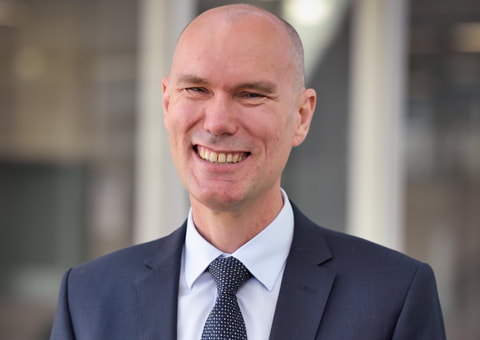You may be aware that there is a new strand of COVID-19 that is starting to become prevalent in Australia – the “Arcturus” strand (sounding more like a future Pokemon character than a dangerous virus). By way of a quick reminder, if students have any cold or flu-like symptoms, they should remain home rather than come to school. If your child tests positive for COVID-19, they should remain at home while they are presenting with any symptoms: once they are symptom-free they can then return to school.
While I, like many others, can be tempted to describe our time as post-COVID, clearly there remains a risk from COVID-19 in our wider community. Sadly, each week there are a significant number of people who have been hospitalised with COVID-19, a smaller number in intensive care, and a smaller number again who have died as a result of contracting COVID-19. It is important, therefore, that anyone with symptoms, whether they officially have COVID-19 or not, should isolate until they are symptom-free.
Our experience with COVID-19 over the past four years is just another reminder (if we needed one) of how fragile our existence is on this planet. We live in a corner of the universe that is, on one hand, so wonderfully designed to support human life and life in general. And yet, the more we learn about our environment, the more we realise how precarious our existence actually is, dependent on a finely tuned ecosystem. Indeed, on any measure, it would appear that the likelihood of any life existing in the universe is incredibly remote and infinitesimally small. Something profoundly unique takes place on our tiny planet, situated on one arm of a spiral galaxy that is one galaxy amongst millions. While there may be life elsewhere in the universe, it is fairly obvious, even within our own solar system, that the emergence of ecosystems, species, and, most surprisingly of all, consciousness itself, is not a commonplace event in our universe.
We experience a dual reality that is both confronting and comforting at the same time. While the universe is vast, silent and cold, our experience here on earth is quite different: we find ourselves surrounded by life in abundance. Somehow I find this dual reality helpful when faced with the threats of a pandemic, or even a climate catastrophe. We should never take for granted our circumstance, assuming that no matter what happens, everything will be all right. Our world is fragile and we need to consider what steps we can take to minimise the impact of threats posed by pandemics, large-scale environmental collapse or armed conflicts. At the same time, I hope we never lose sight of the blessings that we enjoy living in this part of the universe.
The biblical worldview incorporates both of these realities. While describing our world as broken, it also affirms that God has not forsaken this world. In fact, God is intent on restoring this world bringing physical, spiritual, personal and relational healing. While COVID-19 has required us to respond, recognising the serious threat that it poses to human lives (and continues to do so), we also have an opportunity to live our lives each day, mindful of God’s ongoing providence, care and concern for all of creation: this ongoing involvement is like the good health that we take for granted until the day that we come down ill.
May the coming term give each one of us opportunities to know first-hand God’s goodness and love.
Dr James Pietsch
Principal

